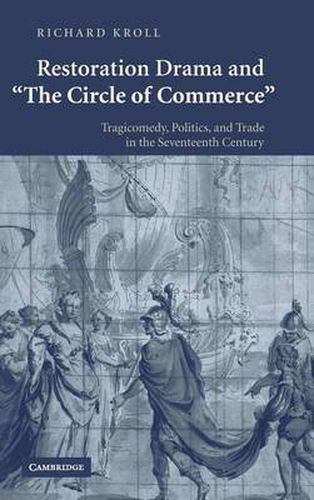Readings Newsletter
Become a Readings Member to make your shopping experience even easier.
Sign in or sign up for free!
You’re not far away from qualifying for FREE standard shipping within Australia
You’ve qualified for FREE standard shipping within Australia
The cart is loading…






Beginning with John Dryden’s valuation of the importance of Beaumont and Fletcher for Restoration playwrights like himself, this book traces the genealogy of Restoration drama back to the beginning of the seventeenth century. It shows how tragicomedy was a means of deliberating on the political issues that define the seventeenth century, of increasingly understanding the effects of trade in the wake of the founding of the East India Company (1600), and a means of linking Harvey’s discovery of the circulation of the blood, published in 1628, with both of these concerns. Tragicomedy is also shown to be a key to understanding William Davenant, Dryden’s predecessor as Poet Laureate. The book concludes with a reading of six individual Restoration plays to show how the habits of the tragicomic tradition became the means of deliberating on the nature of late Stuart power, and its increasing implication in the world of seaborne commerce.
$9.00 standard shipping within Australia
FREE standard shipping within Australia for orders over $100.00
Express & International shipping calculated at checkout
Beginning with John Dryden’s valuation of the importance of Beaumont and Fletcher for Restoration playwrights like himself, this book traces the genealogy of Restoration drama back to the beginning of the seventeenth century. It shows how tragicomedy was a means of deliberating on the political issues that define the seventeenth century, of increasingly understanding the effects of trade in the wake of the founding of the East India Company (1600), and a means of linking Harvey’s discovery of the circulation of the blood, published in 1628, with both of these concerns. Tragicomedy is also shown to be a key to understanding William Davenant, Dryden’s predecessor as Poet Laureate. The book concludes with a reading of six individual Restoration plays to show how the habits of the tragicomic tradition became the means of deliberating on the nature of late Stuart power, and its increasing implication in the world of seaborne commerce.